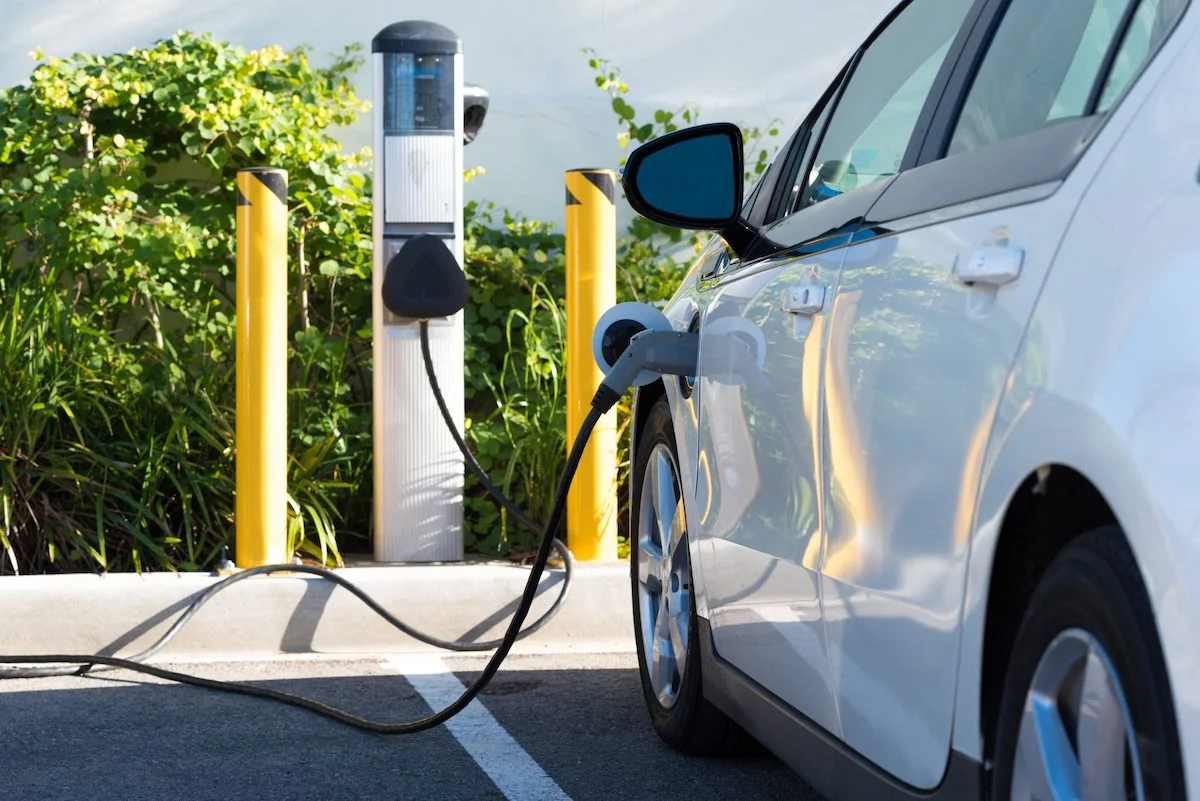In recent years, the automotive industry has experienced a dramatic shift towards sustainability and environmental consciousness. As concerns about climate change and air pollution continue to grow, electric cars have emerged as a promising solution. But are electric cars sustainable for the future? In this article, we will delve into this question, exploring the environmental, economic, and practical aspects of electric vehicles (EVs) and their potential role in shaping a greener future.
Are Electric Cars Sustainable For The Future?
Electric cars are often hailed as the future of transportation. With zero tailpipe emissions and an efficient use of energy, they offer a cleaner alternative to traditional internal combustion engine (ICE) vehicles. The sustainability of electric cars can be analyzed from various angles.
Environmental Sustainability
One of the most significant advantages of electric cars is their environmental sustainability. They produce no tailpipe emissions, which means they don’t contribute to local air pollution or greenhouse gas emissions. This reduction in harmful emissions can have a substantial impact on air quality and help mitigate the effects of climate change.
Electric cars also tend to have a lower carbon footprint throughout their lifecycle when compared to traditional gasoline-powered vehicles. The manufacturing of EVs, which relies on cleaner energy sources, is more environmentally friendly. Additionally, as the electricity grid becomes greener with a higher share of renewable energy sources, the overall sustainability of electric cars is further enhanced.
Economic Sustainability
While electric cars may have a higher upfront cost than their gasoline counterparts, the long-term economic benefits are noteworthy. Electric cars are generally cheaper to operate and maintain. With fewer moving parts, they require less maintenance and have lower running costs. Moreover, governments around the world are offering incentives and subsidies to promote electric vehicle adoption, making them more affordable for consumers.
The transition to electric cars can also create economic opportunities, such as job growth in the renewable energy and EV manufacturing sectors. As the EV market expands, it is expected to become more competitive, leading to increased innovation and affordability.
Practical Sustainability
Electric cars are continuously improving their practicality. Advances in battery technology are extending the driving range of EVs, alleviating the range anxiety that once deterred potential buyers. Charging infrastructure is also expanding rapidly, making it easier for EV owners to find charging stations, further enhancing the convenience of electric cars.
Additionally, electric cars are becoming more diverse, with a wide range of models available, from compact city cars to SUVs and even trucks. This variety caters to different consumer needs and preferences, making electric cars a viable option for a broader audience.
Challenges and Considerations
While electric cars hold great promise, challenges and considerations must be addressed to ensure their long-term sustainability. These include:
- Battery Production: The production of lithium-ion batteries, which are essential for electric cars, requires significant raw materials and energy. Sustainable battery production practices are crucial to mitigate the environmental impact.
- Charging Infrastructure: Expanding the charging infrastructure is vital for widespread EV adoption. Governments and private companies must work together to ensure convenient and accessible charging options.
- Energy Sources: The environmental sustainability of electric cars depends on the energy sources used for electricity generation. Shifting to renewable energy is essential for reducing the carbon footprint of EVs.
- Recycling and Disposal: Proper disposal and recycling of EV batteries are essential to prevent environmental damage. Developing efficient recycling processes is a key challenge.
Conclusion
In conclusion, electric cars have the potential to play a significant role in creating a more sustainable future. They offer environmental benefits, economic advantages, and practicality that make them an appealing option for consumers. However, to ensure their long-term sustainability, addressing challenges related to battery production, charging infrastructure, energy sources, and recycling is imperative. As the world embraces the green revolution, electric cars can indeed be sustainable for the future, driving us toward a cleaner and more environmentally responsible transportation system.
